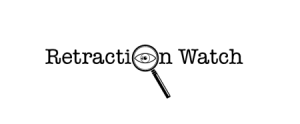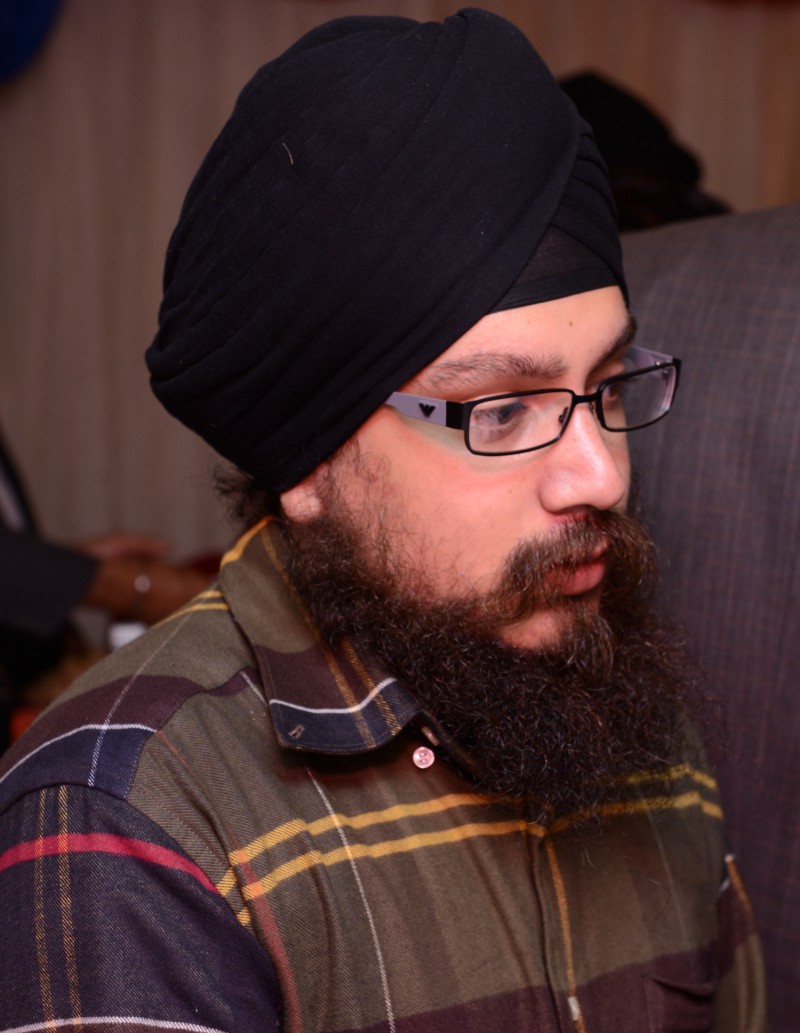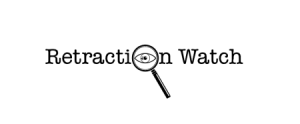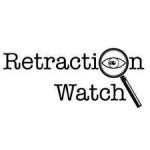
Since you know about us, we’d like to know more about you, readers. So we’ve created the Retraction Watch User Survey. We’d love it if you could take a few minutes to fill out these 15 questions, which will let us know a little bit about yourself, how you use Retraction Watch, and any changes or additions you’d like to see.
Your responses will inform some planning work we are currently doing around the future of Retraction Watch. (Don’t worry, we’re not going anywhere. We just want to make the site better and more useful to you, and to make sure we can sustain and grow it while continuing to make it freely available.) Please know that all data gathered for this survey will be used for internal purposes only, and will remain de-identified and confidential. Continue reading Survey: Retraction Watch readers, tell us about yourself
 August 3rd has rolled around again, which means it’s time to celebrate another Retraction Watch anniversary — this time, our sixth.
August 3rd has rolled around again, which means it’s time to celebrate another Retraction Watch anniversary — this time, our sixth. We’re so inundated with story ideas and projects, we need some extra help! Specifically, we’re looking for a part-time editor who can be available during specific hours when we need an extra pair of hands.
We’re so inundated with story ideas and projects, we need some extra help! Specifically, we’re looking for a part-time editor who can be available during specific hours when we need an extra pair of hands. Join us in welcoming
Join us in welcoming 




